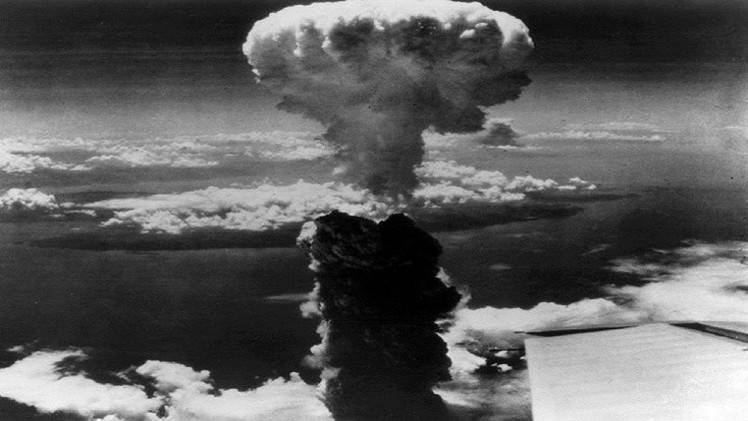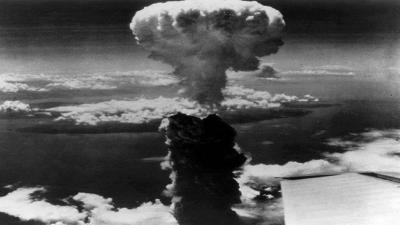The outbreak of fire at a facility associated with the Zaporizhzhia nuclear power plant in Ukraine due to military actions has raised fears of a nuclear disaster similar to the Chernobyl reactor incident in 1986. Additionally, Russia's announcement of raising nuclear alert status has caused the world to hold its breath concerning the escalation of the conflict between Moscow and the West into a nuclear war. The release of radioactive materials affects human health, increases the risk of cancer, and may induce changes in DNA that lead to deformities in future generations.
Nuclear energy experts advise urgent evacuation of the area exposed to radiation before any other measures. Residents are then advised not to return home if exposed to nuclear radiation and to seek refuge in public places. It is also recommended not to remain inside vehicles as they are not safe from radioactive materials. If it becomes necessary to shelter in a vehicle, one should close windows and the ventilation system.
Typically, iodine tablets are distributed to residents living near nuclear sites, and these tablets should be stored in the same locations as other medicines, in a safe and warm place (15 to 30 degrees Celsius).
**Time, Distance, and Place of Shelter**
One of the best ways to protect against radiation is to approach the disaster with the principles of "time, distance, and place of shelter." During a radiological emergency (a significant release of radioactive materials into the atmosphere), these principles can help prevent exposure to radiation:
- **Time**: Reducing the time of exposure to radiation decreases the radiation dose received by the body.
- **Distance**: The farther one is from the fire caused by a nuclear explosion or the affected area, the lower the radiation dose as distance increases from the source.
- **Place of Protection**: Concrete and barriers made of lead or even water provide protection from gamma rays, which occur as energy packets.
In radiological emergencies, it is advised to shelter in the middle of buildings away from windows and to stay in lower floors or basements. Additionally, wiping the body with a cloth dampened with water may help remove some of the contamination. It is also recommended to drink bottled water and consume canned foods.
**Stay Informed**
Monitoring general guidelines provided by authorities through television, radio, or the internet is also advised, as relevant entities direct residents to the nearest safe locations and what actions they can take to protect themselves.




